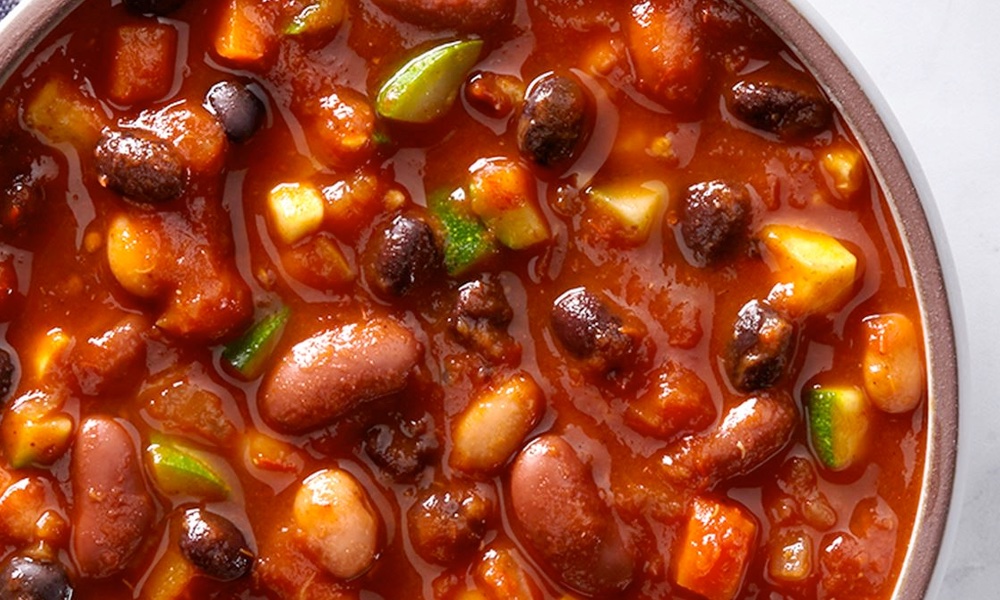We all need protein to build muscle and fuel our bodies, but how we get it can make a big difference to our hearts. Global dietary guidelines recommend people eat more plant proteinand less red meat and fewer processed meat products to reduce their risk of cardiovascular disease (CVD).
To understand how a diet of plant versus animal protein in a person's diet might affect a person's risk of cardiovascular disease, researchers from Harvard T.H. Chan School of Public Health and New York University looked at the cardiovascular health and lifestyle data from over 161,000 women enrolled in two Nurses' Health Studies and more than 42,500 men enrolled in the Health Professionals Follow-up Study.
They were trying to determine what kind of plant and animal protein ratio was best for the heart. What they found was that a more plant-based ratio of 1:1.3 might be necessary to prevent coronary heart disease, but, in general, a person's risk for cardiovascular disease began to level off at a plant-to-animal protein ratio of about one plant to two animal proteins or 1:2. In the United States, the current ratio of plant to animal protein in the diet is around 1:4.Avoiding protein is not the answer. People whose diets included the most protein overall and a higher ratio of plant to animal protein had a 28 percent reduction in cardiovascular disease and a 36 percent drop in coronary artery disease.
“Most of us need to start shifting our diet toward plant-based proteins,” Frank Hu, senior author on the study, said in a statement. Hu is the Fredrik J. Stare Professor of Nutrition and Epidemiology at Harvard T.H. Chan School of Public Health. A more plant-based diet benefits not just human health, but the health of the planet as well, he added.
More than 16,000 cases of cardiovascular disease, including approximately 10,000 cases of coronary artery disease and 6,000 incidents of stroke, were reported during the 30-year follow-up period.
Total protein intake, as measured in grams per day, and the ratio of plant to animal proteins consumed, were calculated based on food questionnaires filled out every four years. Participants who ate more plant versus animal protein had a lower body mass index, were more physically active, less likely to smoke and ate more fiber and carbohydrates and less saturated fat.
People who ate the highest ratio of plant to animal proteins, about one to one, had a 19 percent lower risk of cardiovascular disease and a 27 percent lower risk of coronary artery disease compared to people who ate the lowest ratio — one serving of plant protein to four servings of animal protein.
Avoiding protein is not the answer. People whose diets included the most protein overall — getting 21 percent of the energy in their diet from protein — and a higher ratio of plant to animal protein had a 28 percent reduction in cardiovascular disease. They also had a 36 percent drop in coronary artery disease risk.A more plant-based diet doesn't just benefit human health, but the health of the planet as well.
The ratio of plant to animal protein in the diet had no effect on stroke risk, but replacing red meat and processed meat products with protein from plants reduced the risk of stroke.
Those looking to incorporate more plants into their diet might want to try the Meatless Monday approach to get started or eat beans instead of red meat once or twice a week. “Find recipes you like and start from there, and be a little creative!” suggested Glenn, an assistant professor of nutrition and food studies at NYU. She also recommends trying some of the recipes on the American Heart Association website. They emphasize plant proteins and smaller portions of animal proteins.
The study is published in the American Journal of Clinical Nutrition.





